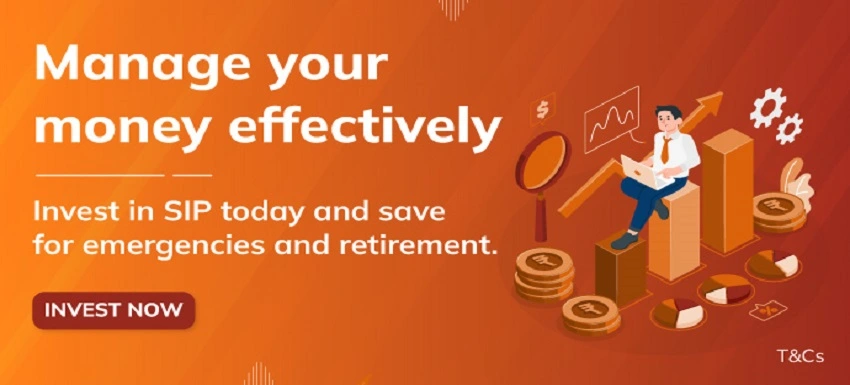THE
ORANGE
HUB
Tracking the Performance of Your Mutual Funds – ICICI Blog

Tracking the performance of your Mutual Funds.
Mutual funds are undoubtedly one of the best avenues to multiply your wealth over the years. However, they also come with a risk element. Here are some ways to constantly track your mutual fund’s performance, to know if things are going the right way.
Scale the fund’s performance against the benchmark.
Checking the benchmark is the first thing to understand the performance of the fund. Every fund comes with a benchmark that is used to measure and track its performance. The best Mutual Funds constantly beat the benchmark in the long term.
So, when your fund gets more returns than the benchmark, the extra is called the ‘alpha’ of the fund. After all, you are investing your hard earned money in the Mutual Fund. The first analysing parameter you focus on will be to expect the fund to cross the benchmark and create a higher alpha.
Run a comparison of similar Mutual Funds’ performance.
You cannot try to compare two completely different funds to arrive at a right answer. In other words, only apples can be compared to apples and not apples to oranges. It will never help you understand which one is better. Thus, you will have to compare two similar funds to understand their performance.
Think about the expense ratio.
You many neglect the expense ratio at the start. But you need to understand the bite it might take out of the investments. So, what exactly is an expense ratio for a Mutual Fund investment?
An expense ratio refers to a fee that the fund house charges to manage and handle your portfolio. Such expenses tend to include investor transactions, manager fees, distribution and a number of other charges.
Economic and market cycles.
The fluctuations of the economy between periods of expansion and contraction have an impact on the performance of Mutual Funds. As an investor, you need to understand the economic and market cycles to know when to be invested in the scheme or when to pull out, as external economic factors have a direct impact on the returns you would garner from the schemes. To understand this, you can seek advice from financial experts.
Risks: The by-product to consider.
Mutual Funds are accompanied by risks which are a part and parcel of this lucrative investment. Although you can’t eliminate this factor when you invest in mutual funds, you can weigh it as per the risk appetite you have.
All you need to remember is to assess the risk profile of the Mutual Fund. The fund house should disclose all the risks of a Mutual Fund to the investors. Assessing the risks is important to be prepared for the future of your Mutual Fund.
The tenure of the Fund Manager.
Though it might not seem that important in the grand scheme of things, the tenure of a Fund Manager is pretty important. You can confidently consider the Mutual Fund if the tenure of the manager is at least <3> years, because the present Fund Manager should get the credit for all the <3> year returns, though he/she should not be blamed for lower <10> year returns.
Are you new to the world of Mutual Funds and are unsure about how to proceed? Get in touch with an ICICI Bank representative to know more and invest in Mutual Funds safely. Click here to know more.
Scroll to top











